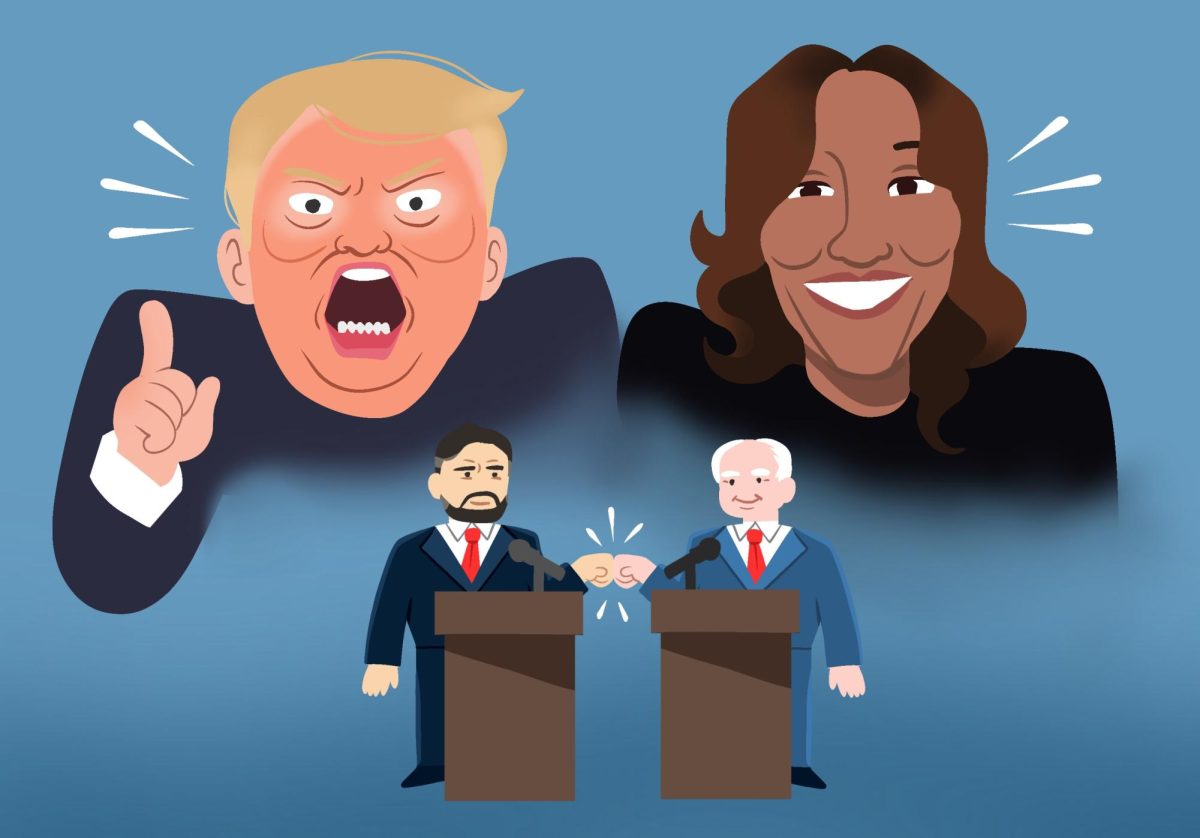If you thought the United States had it bad at the United Nations, consider this: The Japanese government has the second largest share of financial contributions to the United Nations, coming in second only to Uncle Sam. Japan supplies 19.5 percent of the U.N.’s budget – a larger amount than the contributions of France, Britain, Russia and China combined.
And what kind of bang do the Japanese get for their yen? Despite maintaining one of the world’s largest, most innovative economies, Tokyo has neither veto power nor a permanent seat on the Security Council. And needless to say, without any kind of hand in the almighty 15-nation committee, Japan ends up with about as much sway as Luxembourg, maybe less.
Rwanda, Bosnia, Kosovo and Iraq have all given realistic observers reason to wonder whether the United Nations is still relevant. The world body is lacking more than teeth nowadays. For 15 years, countries like Japan have been arguing that the current Security Council does not reflect the global distribution of power – a point that U.S. ambassador to the United Nations, John Bolton, says is “hard to dispute.”
To correct the imbalance, nations such as Japan, India, Brazil and Germany have been clamoring for an expansion of the Security Council. Yet the “Permanent Five” have unfailingly swept expansion proposals under the carpet. President Bill Clinton let Security Council changes go by the wayside; President George W. Bush seems intent on doing the same. After a new expansion proposal was laid out in June 2005, Secretary of State Condoleeza Rice said, “We simply will not let the Security Council reform sprint out ahead of other reforms.”
In other words, Ms. Merkel, don’t hold your breath. Recent statements by U.S. officials are not much to get excited about, but our resistance is by no means unique. The Russians – in an exceedingly Russian way – have said they will not accept any proposal that “dilutes the power of the five current members.” The Chinese will let Haiti on before the Japanese, and Bolton has summed up U.S. policy by saying any expansion must “do no harm.”
Russian and Chinese inaction on the issue is not difficult to understand. But ours is. Certainly, as Rice has made perfectly clear, the United Nations needs a good cleaning in more places than the Security Council (the Human Rights Commission comes to mind). But, why stiff-arm a group of nations more favorable to U.S. foreign policy than the current members? Really, it can’t get any worse than the French.
It’s easy to forget that before the second Iraq war, Berlin-Washington relations were actually quite warm. Now that Saddam lackey Gerhard Schroeder is gone, they should get even warmer. The new German chancellor, Angela Merkel, was voted into office despite voicing support for the U.S. action on Iraq, calling the invasion, “unavoidable.” The pro-free market leader actually made Schroeder’s babyish America-bashing an issue in her campaign.
Like Germany, Japan and India are two must-haves if only because of their economic power. The combined gross domestic product of France and the United Kingdom is only marginally more than that of India and significantly less than Japan’s. Japan will likely build a “real” military in the coming decades, and India is expected to grow into a big-time economic force – a central hub of free trade and globalization.
Perhaps more importantly, their admissions also make a lot of sense for buttressing U.S foreign policy. Both Tokyo and New Delhi have been mostly quiet about the Iraq war, and India has one of the few peoples who actually have a favorable view of Americans. Japan is hand in hand with U.S. diplomats at meetings with North Korean officials; India has finally chosen the U.S. camp over sermonizing extremists in Iran. And what’s more, now that the Indians are facing down their own very real terrorist threats, they will be more readily supportive of our operations in Iraq and Afghanistan.
Admittedly, any new additions to the Security Council would carry baggage from the Middle East, Africa and South America. And formatting size and power distributions (i.e., who gets the grand old veto) would be a Class A spitting match. After all, it would be ridiculous to expect any more than five or six nations to sit as permanent members on the board, all wielding veto power.
But regardless of how a Bush administration campaign to enlarge the Security Council might turn out, the president would almost certainly be on the winning end. Base conservatives – who are just starting to return to him with his new Supreme Court pick – love any idea that minimizes the French. Democrats would be outside the issue; Congress wouldn’t have any power over the matter. And all moderate U.S. voters would see is a president going before the world community to reform an institution beset by corruption and inaction.
Just think about that history textbook headline: “United Nations saves Bush presidency.”
Darren Bernard welcomes comments at [email protected].






